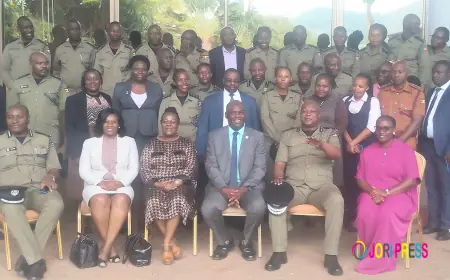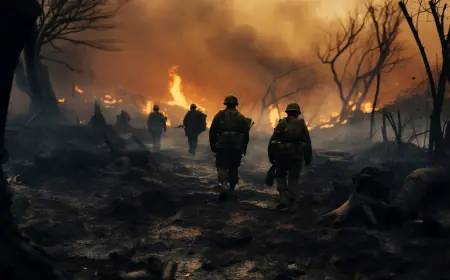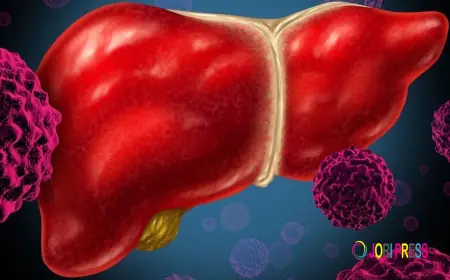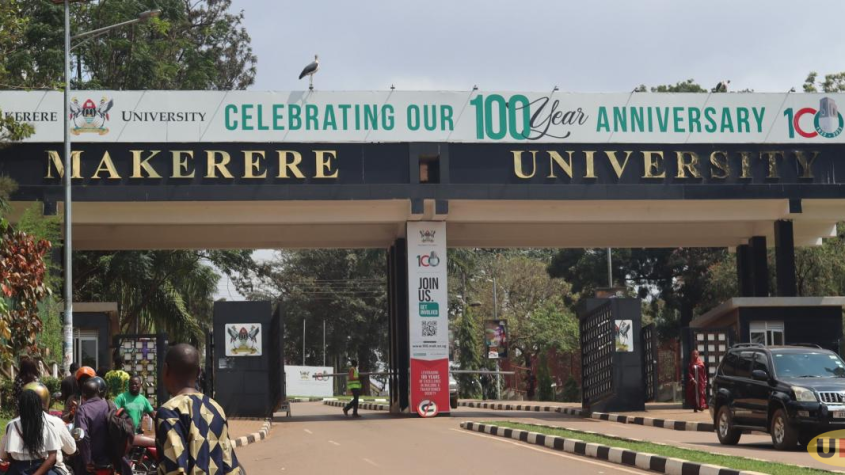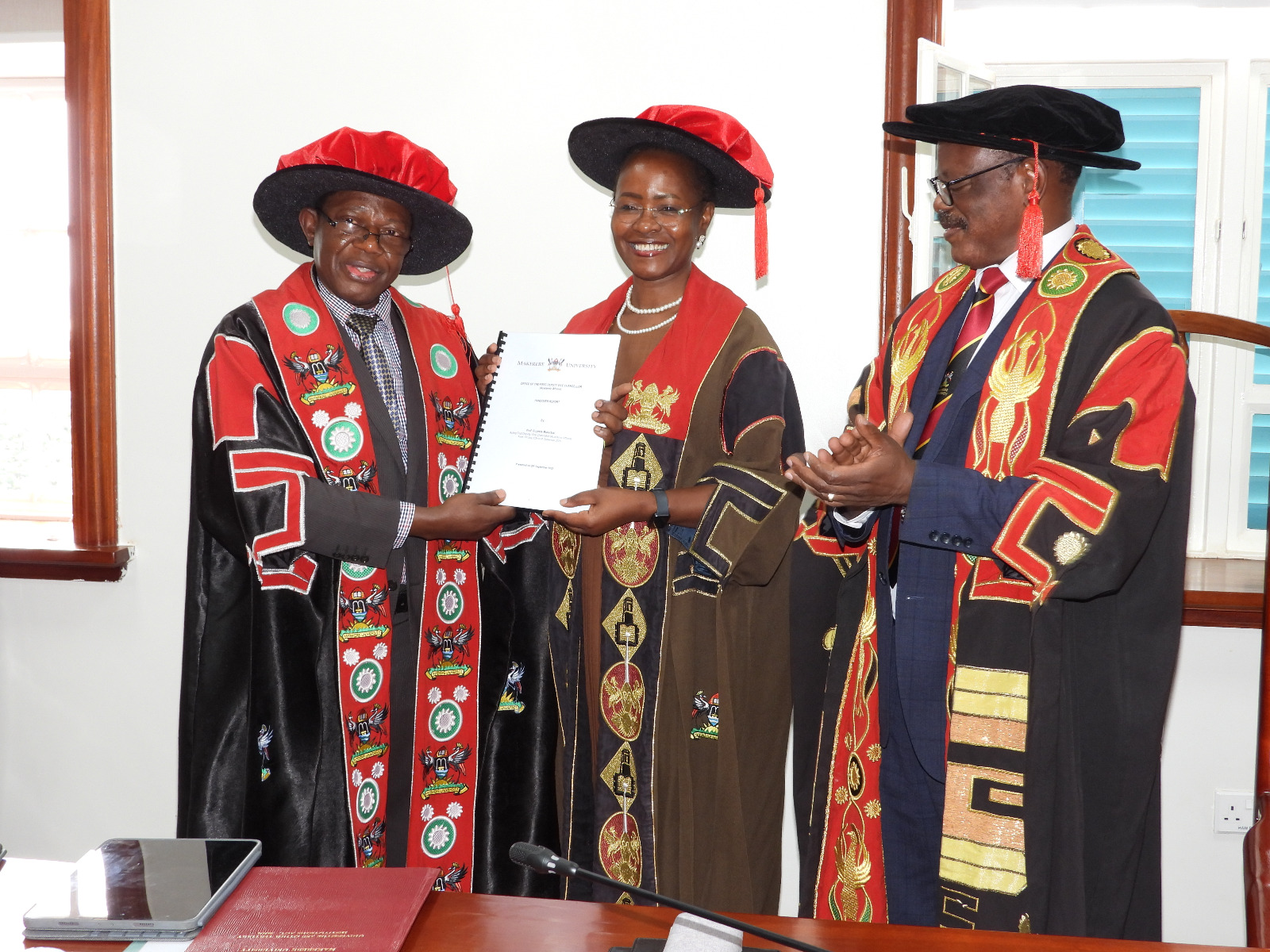Commemorating 80 years of the Hiroshima and Nagasaki nuclear bombings: We should not repeat the evil


 “Let all the souls here rest in peace, for we shall not repeat the evil.”
“Let all the souls here rest in peace, for we shall not repeat the evil.”
These are the words carved into the stone monument at Hiroshima Peace Memorial. 80 years ago, on August 6, 1945, an experimental atomic bomb code-named ‘Little Boy’ from a B-29 Bomber was dropped on the Japanese city of Hiroshima, killing approximately 78,000 of Hiroshima’s 350,000 population instantly.
Three days later, on 9th August 1945, a second bomb, ‘Fat Man’ was dropped on Nagasaki, instantly killing approximately 40,000 of Nagasaki’s 240,000 population on impact.
Surviving the bombs was just the beginning for the survivors; the blasts released enormous amounts of toxic radiation that made the population sick in the following days and weeks.
The effects of the legacy of the bombs can still be felt today on their fertility, mental health, and physical well-being, carried across generations. Although this is the only time in history that nuclear bombs have been used in warfare, the accentuated devastating consequences of their power reshaped International Humanitarian Law (IHL) and Customary IHL rules on the use of nuclear weapons.
In a bid to safeguard humankind from reliving these horrific moments, a global conversation to establish the Treaty on the Prohibition of Nuclear Weapons (TPNW) was initiated, with 73 of the 94 signatory countries ratifying the treaty.
Eight decades later, entrenched in global politics of power and dominance, the international community is yet to find a lasting solution that will exhaustively and completely outlaw the use of nuclear weapons.
The impasse is linked to the neglect of ‘nuclear states’ and their allies to join the treaty, further escalating the void in creating a legally binding universal obligation to end the use of nuclear weapons.
The specter of nuclear warfare is still with us; the Stockholm International Peace Research Institute (SIPRI) reports about 12,241 nuclear weapons to be in the hands of nine countries worldwide as of June 2025. The existential threat of nuclear weapons is ever-growing with the increasing number of conflicts being fought across the world today, linked to the escalating talk of the use of nuclear arms race becoming louder and louder.
As a deterrence factor, most of these ‘nuclear states’ hold the opinion that fear of a devastating retaliatory attack is one of the major reasons they possess these weapons. They believe that nuclear weapons serve a useful purpose and prevent war based on the presumption that states will be so afraid of the possible effects of a nuclear war that they will avoid any war at all costs.
Uganda has, in the past, demonstrated unwavering efforts in making commitments to create a world free from nuclear weapons. The country signed the 1996 African Nuclear-Weapon-Free-Zone Treaty (Treaty of Pelindaba), and consistently voted in favour of resolutions that promote universal adherence to the TPNW at the UN General Assembly, despite neither signing nor ratifying the treaty.
The country’s protracted delay in signing and ratifying the TPNW can be attributed to the inactivity of the Uganda National IHL Committee. Established by the May 29, 2009 Resolution of IHL, by the Office of the Prime Minister, as a dedicated group of IHL experts, the committee was tasked with providing government with IHL advisories and fostering national stakeholders’ understanding and respect for IHL rules.
The committee was applauded as a progressive step by government to widen the applicability of IHL beyond traditional state actors to include non-state actors. It created a unique inter-ministerial and inter-institutional strategy that linked Government and different stakeholders in monitoring and developing new IHL positions while ensuring structured and timely follow-up on the implementation of IHL advisory opinions.
About four years after its establishment, political scandals involving some of the committee’s membership fundamentally halted the operations of the committee, creating a void in the national implementation and domestication of IHL.
The 80th commemoration of the Hiroshima and Nagasaki nuclear bombings ought to be a wake-up call for global leaders to reinvigorate the disarmament debate to curb the increasing global nuclear stockpile and strengthen the arms control regime.
The devastation caused by nuclear weapons is not something of the past; it is something that still affects us to date. The survival of humanity remains constantly threatened should nuclear weapons not be utterly outlawed.
The world doesn’t deserve to relive the catastrophic man-made hell created by nuclear weapons. Uganda can join the global efforts against nuclear weapons; revamping the Uganda National IHL Committee is a great place to start!
The writer is the International Humanitarian Law (IHL) Focal Point at the Uganda Red Cross Society.
What's Your Reaction?
 Like
0
Like
0
 Dislike
0
Dislike
0
 Love
0
Love
0
 Funny
0
Funny
0
 Angry
0
Angry
0
 Sad
0
Sad
0
 Wow
0
Wow
0









